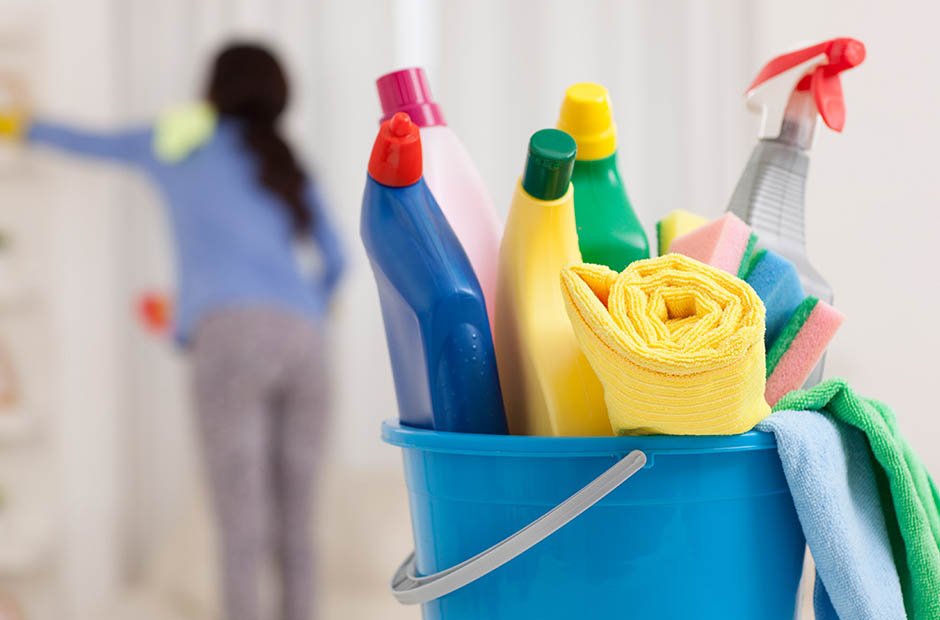March 18-22, 2024, marks Poison Prevention Week, a time dedicated to raising awareness about the dangers of accidental poisoning and how to prevent it. Accidental ingestion of toxic substances can happen to anyone, regardless of age or circumstance. From household cleaners to medications, the potential for harm lurks in everyday items. In this blog post, we’ll delve into essential tips for safeguarding against accidental ingestion and protecting yourself and your loved ones from harm.
Understanding the Risks
Accidental poisoning can occur in various ways, making it crucial to understand the risks associated with common household products. According to 2021 data, there were 102,001 prevental poisoning deaths, a 17% increase from the prior year. Cleaning agents, pesticides, medications, and even certain plants can pose a threat if ingested improperly. Children are particularly vulnerable due to their curious nature and tendency to explore their surroundings. Additionally, older adults may face increased risks due to medication mismanagement or cognitive impairment.
Tips for Prevention
Secure Hazardous Substances
Store household cleaners, medications, and other toxic substances out of reach and preferably in locked cabinets. This simple step can significantly reduce the likelihood of accidental ingestion, especially for young children.
Proper Labeling
Ensure all containers are properly labeled with clear indications of their contents. This includes medications, cleaning products, and any homemade solutions. Clear labeling can help prevent confusion and accidental ingestion.
Safe Disposal
Dispose of expired or unused medications, chemicals, and other hazardous substances properly. Many communities offer hazardous waste disposal programs or drop-off locations. Avoid flushing medications down the toilet, as this can contaminate water sources.
Education
Educate yourself and your family members about the potential dangers of certain substances. Teach children from a young age about the importance of not ingesting anything without permission and supervision. Discuss the risks associated with household cleaners, medications, and other potentially harmful products.
Be Prepared
Keep the number for poison control (1-800-222-1222) readily available in case of emergencies. Knowing who to call and what to do in the event of accidental ingestion can save precious time and potentially lives.
Know What To Do if Poison is Ingested
- If the individual is not breathing, immediately dial 911 for emergency assistance.
- If the person has inhaled poison, move them to an area with fresh air without putting yourself at risk. Adequate ventilation can help mitigate further harm.
- In cases where poison has come into contact with the skin, remove any clothing that the poison has touched. Rinse the affected skin thoroughly with running water for 15 to 20 minutes to help dilute and remove the toxic substance.
- If poison has entered the eyes, gently flush them with running water for 15 to 20 minutes. Ensure that the affected person keeps their eyes open during rinsing to facilitate the removal of the poison.
Avoid administering activated charcoal unless instructed to do so by medical professionals. Using activated charcoal in cases of suspected poisoning can potentially worsen the situation and should be avoided unless under expert guidance.
If the poisoning occurred due to someone else’s negligence, a defective product, or inadequate warning labels, document the scene and seek legal assistance. According to the Los Angeles injury attorney at RKM, a lawyer can hold the responsible party accountable for an accidental poisoning.
Spread Awareness, Prevent Poisonings
As Poison Prevention Week approaches, take proactive steps to safeguard your home and loved ones against accidental ingestion. By understanding the risks, implementing preventive measures, and staying informed, you can reduce the likelihood of poisoning incidents and promote a safer environment for all. Remember, a few simple precautions can make a world of difference in preventing accidents and protecting those you care about most.
















